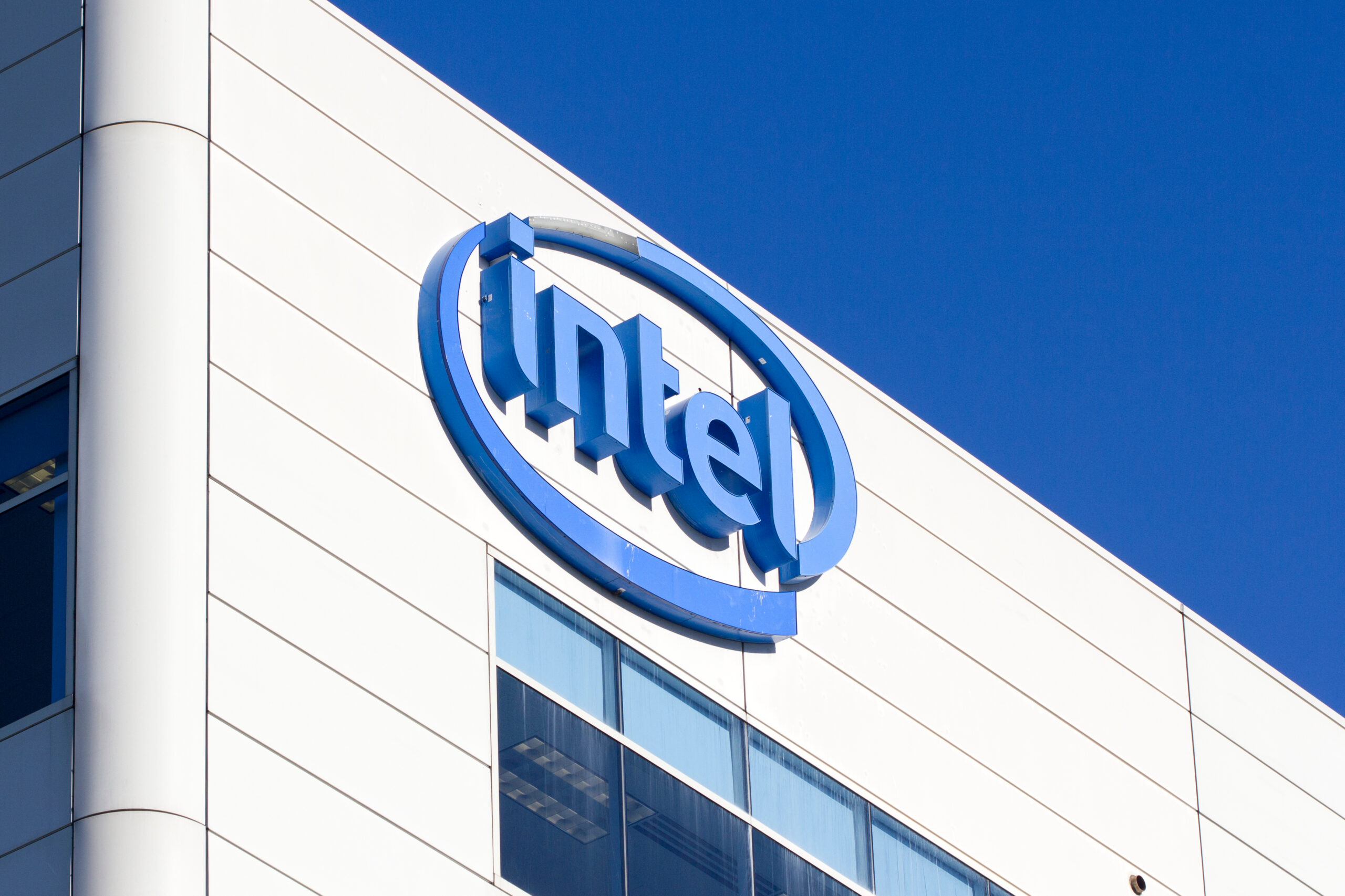Talk about a reversal of fortunes. Barely two weeks after US President Donald Trump called for the resignation of Intel CEO Lip-Bu Tan on account of his alleged conflicts of interest, Tan sold a 10% stake in the chipmaker to the US government.
In a Truth Social post on Aug. 7, Trump wrote, “The CEO of Intel is highly CONFLICTED and must resign, immediately. There is no other solution to this problem.” Trump was alluding to the 66-year-old Tan’s reported investments in companies with ties to the Chinese Communist Party and the People’s Liberation Army (PLA).
Back in 2023, a US House select committee sent a letter to Tan expressing concern about stakes in Chinese companies he held through his interest in Walden International, a venture capital firm he founded in 1987. According to published reports, at least eight of those companies have ties to the PLA.
Tan, a US citizen who earned a Master of Science degree in nuclear engineering at the Massachusetts Institute of Technology and went on to become CEO of Cadence Design System from 2009 to 2021, responded to Trump’s demands by insisting that he “always acted within the highest legal and ethical standards.” Named CEO of Intel last March, he gave no indication that he’d divested his stake in any of the companies in question, however.
The reversal came on Aug. 22, when Intel announced it had agreed to sell $8.9 billion of common stock equal to a 9.9% equity holding to the US government. The company said that the government’s equity stake will be funded by the remaining $5.7 billion in grants previously awarded, but not yet paid, to the company under the CHIPS and Science Act and $3.2 billion paid to the company as part of the Secure Enclave program, a secretive Defense Department initiative to support the domestic semiconductor industry. While critics complained that such investments lead to cronyism and corruption, Washington’s investment in Intel is supposed to be passive, with the government generally voting with management. It may also fit into Trump’s plans for a sovereign wealth fund, as National Economic Council Director Kevin Hassett told CNBC the day it was announced.




